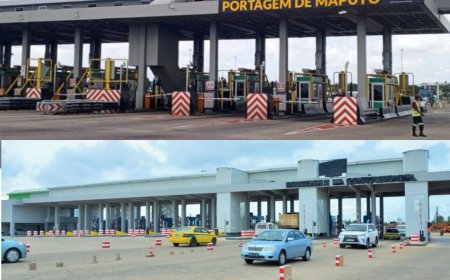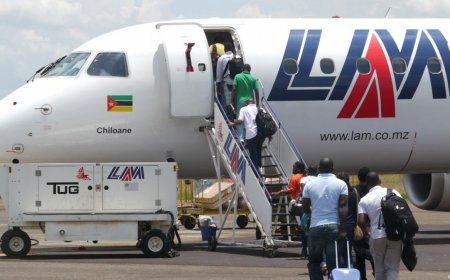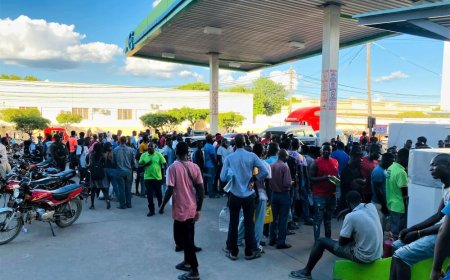Mozambique’s Public Hospitals Face Collapse Amidst $157 Million Debt Crisis and Lack of Government Action
Public hospitals and health centres across Mozambique are grappling with a severe supply crisis, characterised by widespread shortages of medicines and medical supplies, including the use of expired products. With an accumulated debt exceeding 10 billion meticais (approximately $157 million USD), the government has yet to present a concrete plan for repayment. In a meeting held yesterday, Wednesday, the Minister of Health, Ussene Hilário Isse, merely appealed for the “patience” of creditors, offering no tangible proposals to prevent the total suspension of deliveries to the national health system.

The meeting concluded without significant progress. Instead of providing a timeline for debt settlement, the Minister reiterated calls for patience from creditors. “We ask for patience, do not abandon us,” he repeated multiple times, without offering any financial commitments or payment deadlines.
Last Friday, the Minister failed to attend a previously scheduled meeting with suppliers, delegating the task to the Permanent Secretary, who attempted to persuade creditors to continue supplies despite the critical financial situation. The absence of the Minister angered business representatives, who decided to form a pressure bloc comprising eight of the largest pharmaceutical importers, aiming to adopt more radical measures in the coming days, including the total suspension of deliveries to the state.
For this year, the Ministry of Health’s budget is around 6 billion meticais, a figure clearly insufficient to address the 10 billion meticais debt already accumulated with suppliers and service providers. This budgetary discrepancy jeopardises the sustainability of the public health system, leaving hospitals and health centres on the brink of collapse.
In an interview with TORRE.News, Mariamo Aly Hassane, President of AIPROMEM (Association of Importers and Producers of Medicines of Mozambique), confirmed that many suppliers have already ceased deliveries to the state due to a complete lack of payment guarantees. “It is impossible to maintain supplies with two years of arrears. Hospitals lack medicines because suppliers cannot continue operating at a loss. It is a matter of financial survival,” she stated.
The cash flow crisis is so severe that, according to information gathered by TORRE.News, the government has reportedly ordered the cancellation of all public tenders for the supply of medicines in 2025, a move that, if confirmed, will further exacerbate the dire situation in the sector.
The shortage of medicines and medical-surgical materials is evident in various health units across the country. In Maputo province, an investigation by TORRE.News found a lack of essential medicines and even basic materials such as gauze. In accident cases, victims are left untreated due to the absence of supplies.
“We do not know if the supplies we are using are donations or old leftovers, but many are expired. There are days when we have nothing to treat patients. We are limited to doing the minimum and advising patients to seek help elsewhere,” reported, under anonymity, a night-shift nurse at a district hospital.
In health posts in Beluluane, Matola-Rio, and Boane, the situation is similar. There are no medicines for the most common diseases, and health personnel are limited to issuing prescriptions that patients, mostly of low economic means, cannot afford to fulfil at private pharmacies.
Communities are adrift. Without medicines, without alternatives, and without clear responses from the government, feelings of abandonment and revolt are growing, especially among the most vulnerable who rely exclusively on the public sector for access to basic health care.
While budgetary priorities are debated and major national celebrations are prepared, the national health system seems to be heading towards collapse without medicines, without supplies, and, above all, without a plan.




















